
Maine International Film Festival Has New Home
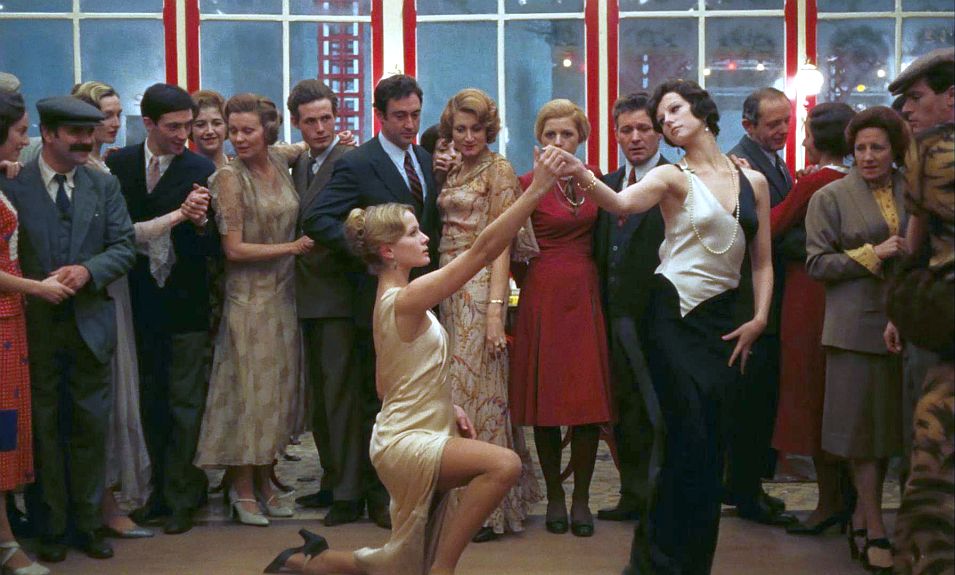
The Maine International Film Festival is back with its 26th annual edition, which runs from Friday, July 7 to Sunday, July 16. Although MIFF has departed Railroad Square Cinema for new, swankier quarters a few blocks away, organizers still boast that the festival will offer 100 movies (features + shorts) in ten days and the “best popcorn in the known universe.”
This year’s festival will be the first in the Paul J. Schupf Art Center, which opened last December. A brand new building, the Schupf Center sits on the corner of Main Street and Castonguay Square that was formerly occupied by a mixed-use building simply called “The Center.” The Schupf Center has galleries for Ticonic Arts and the Colby College Museum of Art on the first floor and three cinemas on the second floor, along with a rehearsal room for Waterville Opera House productions.
All of this year’s screenings will take place in the Schupf Center and the 810-seat, 121-year-old Waterville Opera House, which is connected to the Schupf Center by an enclosed skywalk. In a return to pre-pandemic norms, there will not be any online screenings or any at the Skowhegan Drive-In. All the major screenings described below — the Opening Night Ceremony, the Maine Documentary Shorts, the Mid-Life Achievement Award, What’s Love Got to Do With It, and the Centerpiece Film — will take place in the Opera House and will start at 7:00 p.m.
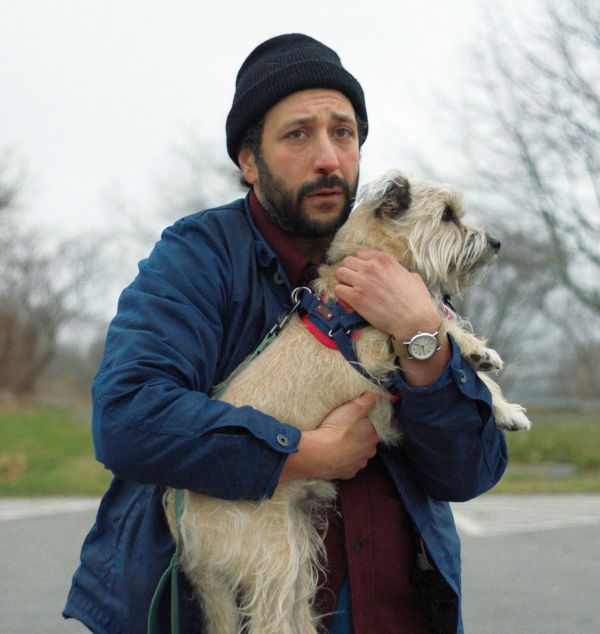
The festival opens on Friday, July 7, with the Maine premiere of Maine-made Hangdog, in which a nervous man traverses Portland to try to find his stolen dog before his uptight girlfriend comes back from an out-of-town trip. Writing on the MIFF website, festival programmer Ken Eisen opines, “Walt’s search is a journey as idiosyncratic and detoured as Portland itself and Walt himself, whose forlorn face more befits the ‘hangdog’ name than the dog’s ever could. Director Matt Cascella and writer Jen Cordery have made a film that’s charming, original, and sweet in its own deliberately shaggy way.”
Immediately following the screening, The Weight Band will perform half a block away at Head of Falls. Their concert will be the first event in this summer’s Waterville Rocks outdoor concert series. The film itself will be shown again on Sunday, July 16, at 3:40 p.m. in the Schupf Center’s Cinema 2, and the festival will have screenings of six other Maine feature films as well. These films will be described in a separate article.
On Saturday night, you can watch the first of three compilations of “shorts,” i.e. short films, by Maine filmmakers. Maine Documentary Shorts is a 90-minute compilation of six shorts ranging from 3 to 27 minutes each. Their topics include a South Bristol company that still harvests ice from a frozen pond in winter; J.R. Harris, an “explorer, psychologist, [and] curious dude”; Central American dairy workers who came to Maine originally intending to return home but never did; a single-mother who is a fifth-generation lobster boat captain; a 58-year-old Waterville ice cream parlor; and a Charleston farmer who seeks to reform the prison food system.
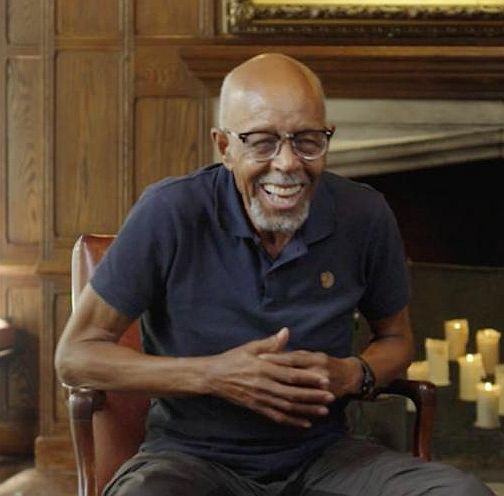
The documentary shorts will be shown again on Sat., July 15, at 3:00 p.m. in Cinema 1. The other two Maine shorts compilations, Maine Narrative Shorts and Mostly-Maine Horrors, will not have their initial screenings until Thursday, July 13. We will describe them in a separate article next week.
On Sunday night, the festival will present its Mid-Life Achievement Award to Hungarian director and screenwriter Ildikó Enyedi. Except during the pandemic years of 2020 and 2021, MIFF has presented a Mid-Life (or Lifetime) Achievement Award each year to an actor, director, screenwriter, or other filmmaker who has significantly advanced the art. The past honorees, from most recent to oldest, are Debra Winger, Hilary Brougher, Dominique Sanda, Lauren Hutton, Robert Benton, Gabriel Byrne, Michael Murphy, Glenn Close, Keith Carradine, Thelma Schoonmaker, Malcolm McDowell, Jay Cocks, Arthur Penn, John Turturro, Bud Cort, Walter Hill, Lili Taylor, Ed Harris, Peter Fonda, Jonathan Demme, Sissy Spacek, Terrence Malick, and Jos Stelling.
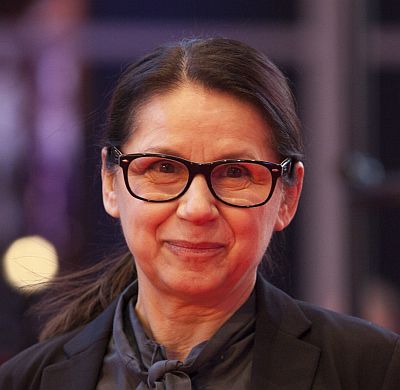
Enyedi will receive her moose statuette after a screening of her Oscar-nominated On Body and Soul (2018), a surreal and improbable love story between the manager of a slaughterhouse and his new director of quality control. A reception at Front + Main in the Lockwood Hotel will follow the screening.
Three other Enyedi films will also be shown during the festival: My Twentieth Century (1989) on Monday at 3:00 p.m. in Cinema 1; The Story of My Wife, which had its Eastern U.S. debut at MIFF last year, on Tuesday at 3:40 p.m. in Cinema 2; and Simon the Magician (1999) on Friday, July 14, at 3:00 p.m. in Cinema 1.
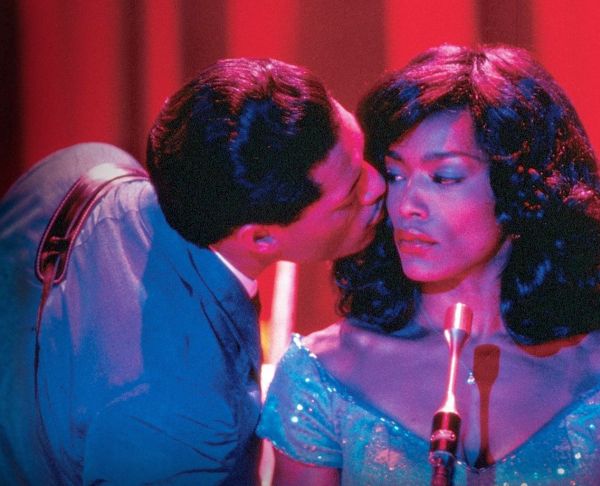
Besides new feature films, each MIFF presents a few classic films, “rediscoveries,” often in sparkling, digital restorations. Chief among this year’s batch is Monday’s thirtieth anniversary presentation of the Tina Turner biopic, What’s Love Got to Do With It — the festival’s memorial to the “Queen of Rock and Roll,” who passed away in late May at age 83. Presented in classic 35 mm format, this biographical drama stars Angela Bassett as Tina Turner and Laurence Fishburne as her abusive and controlling husband Ike — performances that earned both actors Oscar nominations. This film will be shown again on Wednesday at 1:00 p.m. in the Opera House.
Another notable “rediscovery” is Terrence Malick’s Badlands (USA, 1973), in which a young Martin Sheen plays a 25-year-old rebel, who takes up with a piano-lesson-taking and baton-twirling socially awkward schoolgirl (Sissy Spacek), kills a bunch a people, and hides out in the wilderness with the girl. Little noticed when it first came out, the film is now considered a classic, and, as you may have noticed in the list above, both Malick and Spacek are past MIFF award honorees.
Among the other rediscoveries are Bernardo Bertolucci’s The Conformist (Italy, 1970), which was shown at MIFF five years ago when co-star Dominique Sanda got MIFF’s Lifetime Achievement Award; Richard Lester’s The Three Musketeers (United Kingdom, 1973), which starred Raquel Welch, Faye Dunaway, Richard Chamberlain, and Charlton Heston, among other luminaries; and Robert Aldrich’s The Legend of Lylah Clare (USA, 1968), starring Kim Novak, Peter Finch, and Ernest Borgnine, with MIFF award honoree and frequent guest Michael Murphy in a supporting role. You can find detailed descriptions, screening times, and locations for all the rediscoveries in the program booklet and on the MIFF website.
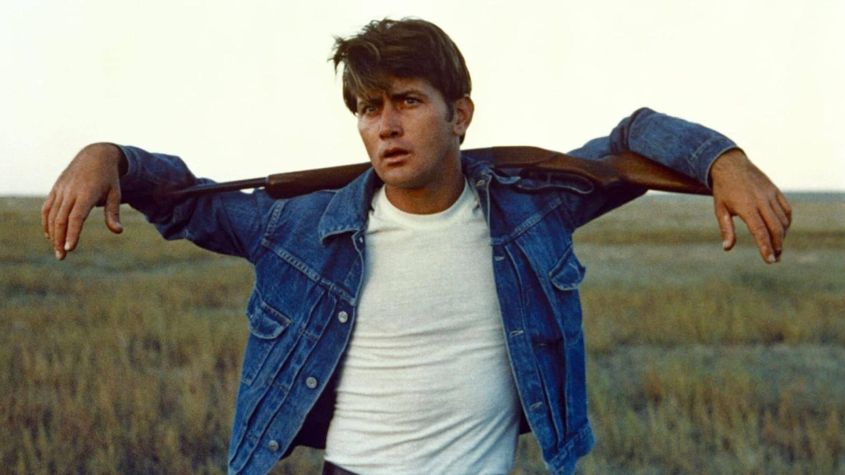
Finally, on Tuesday night, you can watch the New England premiere of a new documentary about Bangor’s master of horror, Stephen King. Since director Brian de Palma made Carrie in 1976, King’s novels and short stories have been adapted into more than 80 movies and television series, making him the most adapted living author on the planet. Through interviews with over two dozen directors, King on Screen seeks to discern what enables the University of Maine graduate’s writings to translate so well to television and film. A reception will follow the screening at Amici’s Cucini. The film will have a second screening on Wednesday at 9:00 p.m. in Cinema 1.
With five dozen feature films and four collections of shorts, there is always more to explore at MIFF. Set aside some time to visit miff.org, where you can find a detailed descriptions for each festival film and a cinematic trailer for some. If you prefer thumbing through a paper guide, pick up a copy of the festival’s free, 68-page, glossy booklet at the Schupf Center and other places around the region. Not every film will appeal to every viewer, but you’re bound to find several that are right for you.
Please note that Cinemas 1, 2, and 3 at the new Schupf Center are much smaller than were their counterparts at Railroad Square. (The new cinemas can seat 115, 43, and 22 people, respectively, while the old ones could hold 150, 90, and 50.) Thus, festival screenings are more likely to sell out than in the past. (Indeed, as this article is being written, a week before the festival opens, several screenings in the smallest venue, Cinema 3, have already sold out.) So, if there is a film that you really want to see, buy your ticket in advance, especially if it will be shown in either of the two smaller theaters.
Admission to all festival screenings costs $14 per person. Until three hours before a screening starts, you can buy a ticket in person at the box office on the first floor of the Schupf Center or online. After that, you can buy a ticket just before the show starts, if seats are still available.
For $250, you can buy a nontransferable Full Festival Pass, which will admit you to any screening where a seat is available; or for $125, you can get a Partial Pass, which is good for ten admissions, one or two people per screening. For any screening, pass holders should arrive at least 15 minutes early for the best chance of getting in.
Download Full Newspaper: High Res | Low Res (Details…)
<— Summaries • Next Article —>
©2023 by Summertime in the Belgrades. All rights reserved.